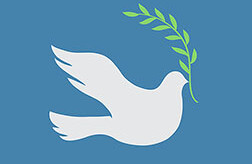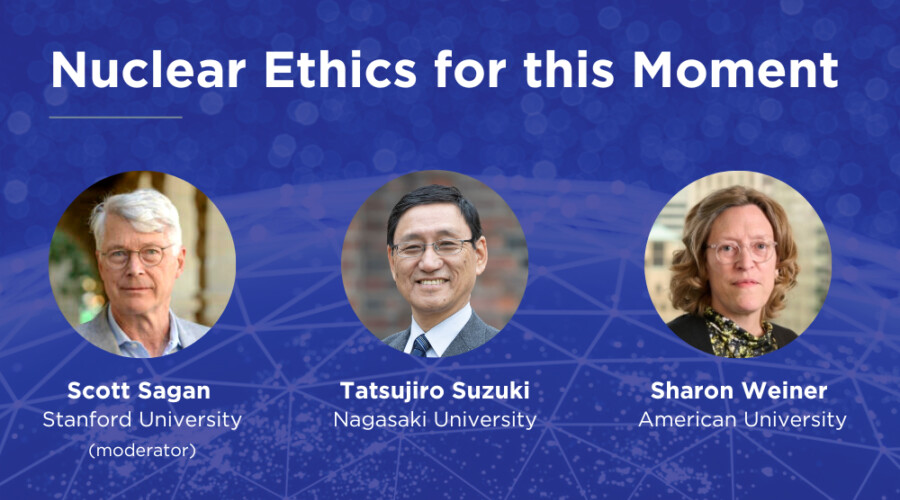Americans have registered one set of lessons too well—those deriving from the seventy-five year war against German imperialism and Soviet communism. They have forgotten, or want to forget, another set of lessons—those deriving from the history of U.S. involvement in the Philippines and Vietnam, in Nicaragua and Panama, and on to Afghanistan and Iraq. Alongside the existence of the world's most powerful military establishment, which employs a method of war that allows it to deliver death and destruction with precision even from a great distance, we have witnessed an extraordinary expansion of the justifications for using force. Over the past generation alone, the United States has intervened to defeat aggression, to relieve humanitarian suffering, to secure the secession of disgruntled provinces, to prevent other states from acquiring weapons of mass destruction, to promote human rights, to expand democracy, and to fight terrorism. Many of these interventions have proved controversial, but none has shaken America's glorification of war and warriors. To its advocates, American military power is the solution to the world's ills, the primary ingredient in any recipe for the achievement of international peace. A far more critical appraisal is required.
To read this article in full, please click here.



